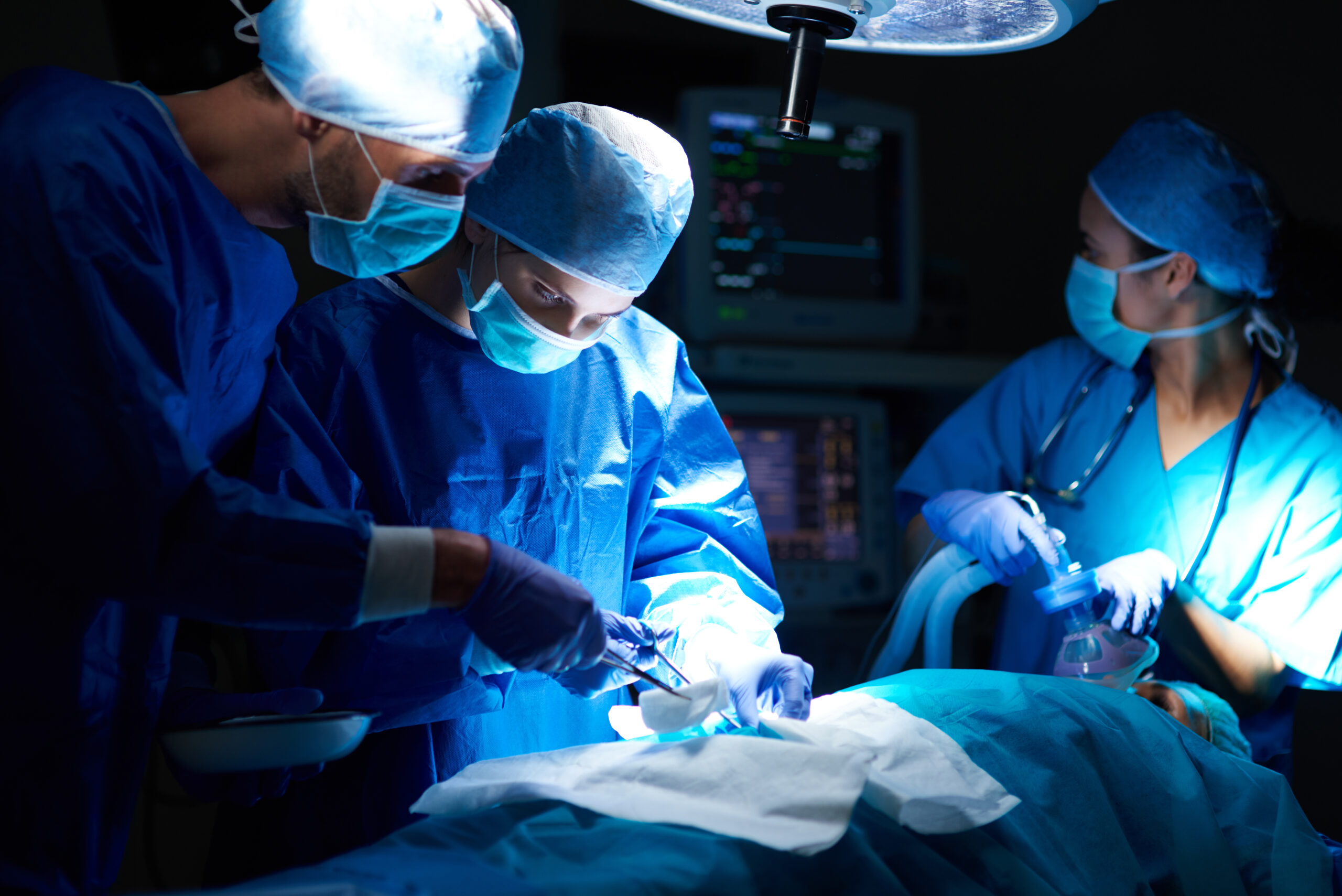MISCELLANEOUS
MISCELLANEOUS
Miscellaneous include disorders like Pilonidal Sinus, Meckel’s Diverticulum, and Rectal Prolapse. These conditions often involve infections, inflammation, or abnormal tissue growth. Pilonidal Sinus forms cysts near the tailbone due to hair buildup. Meckel’s Diverticulum is a congenital abnormality affecting digestion. Rectal Prolapse causes discomfort and bleeding as the rectum slips out of place. Chronic infections like perianal abscesses and intestinal fistulas may require surgery. Timely diagnosis, proper hygiene, and professional care are essential for managing symptoms and preventing complications.

Causes & Risk Factors of Miscellaneous
Recognizing the underlying causes of miscellaneous is essential for effective management and long-term health.
Poor Hygiene & Hair Growth
Pilonidal sinus develops when loose hairs penetrate the skin, leading to infection and cyst formation near the tailbone. Lack of proper hygiene increases the risk.


Chronic Straining & Weak Muscles
Rectal prolapse occurs due to weakened pelvic muscles from aging, chronic constipation, or excessive straining during bowel movements.
Congenital Abnormalities & Infections
Conditions like Meckel’s diverticulum and intestinal fistulas result from birth defects or infections that weaken digestive tract tissues.

Symptoms of Miscellaneous
Discomfort, redness, or swelling in affected areas, especially in pilonidal sinus or abscesses.
Pus, mucus, or blood may leak from openings in conditions like fistulas or rectal prolapse.
Straining due to difficulty passing stools can worsen rectal prolapse and related conditions.
Frequent bacterial buildup in pilonidal sinus or abscesses leads to repeated inflammation.
Meckel’s diverticulum or fistulas can cause cramps, bloating, and digestive issues.
Pilonidal sinus may cause itching, tenderness, or soreness in the lower back region.
Treatment Options
- Surgical Removal: Pilonidal sinus, rectal prolapse, and intestinal fistulas often require surgery to remove cysts, repair damage, or close abnormal connections.
- Antibiotic Therapy:Infections like perianal abscesses and pilonidal sinus are treated with antibiotics to control bacterial growth and reduce inflammation.
- Lifestyle & Hygiene Management:Regular hygiene, weight management, and avoiding prolonged sitting help prevent recurrence of pilonidal sinus and similar conditions.
- Minimally Invasive Procedures:Laser therapy, drainage, or endoscopic techniques help treat conditions like abscesses, fistulas, or small diverticula with quicker recovery.
Your Questions Answered, Simple and Clear
Find quick answers to common questions about our services, procedures, and patient care for your convenience.

Dr. Prashant specializes in diagnosing and treating a wide range of gastrointestinal and liver-related issues, including digestive disorders, liver diseases, gallbladder problems, and pancreatic conditions. He offers effective treatment plans tailored to each patient’s needs.
Dr. Prashant provides comprehensive care for digestive issues like acid reflux, IBS, bloating, and chronic abdominal pain. He offers lifestyle guidance, medications, and sometimes advanced diagnostic procedures such as endoscopies to understand the root cause and recommend effective treatments.
Dr. Prashant focuses on preventive care by advising regular screenings, dietary modifications, exercise, and maintaining a healthy weight. His goal is to prevent conditions like fatty liver disease, gastrointestinal cancers, or chronic digestive disorders from developing or worsening.
If you experience persistent symptoms such as abdominal pain, bloating, unexplained weight loss, jaundice, or fatigue, Dr. Prashant recommends seeking timely medical advice. Early diagnosis is essential for effectively treating conditions like liver disease, gallstones, or chronic digestive disorders.
For complex conditions like liver cirrhosis, gallbladder disease, or pancreatitis, Dr. Prashant utilizes a combination of medical treatment, lifestyle changes, and advanced procedures. He works closely with patients to develop personalized care plans to manage symptoms and prevent complications.
